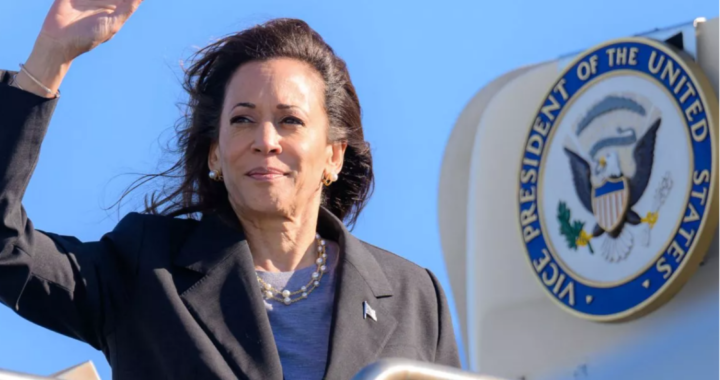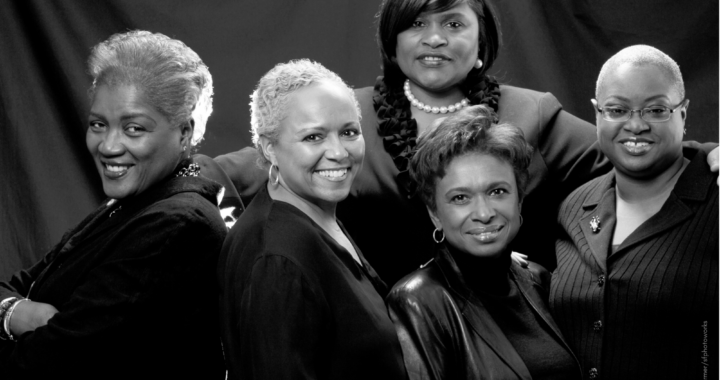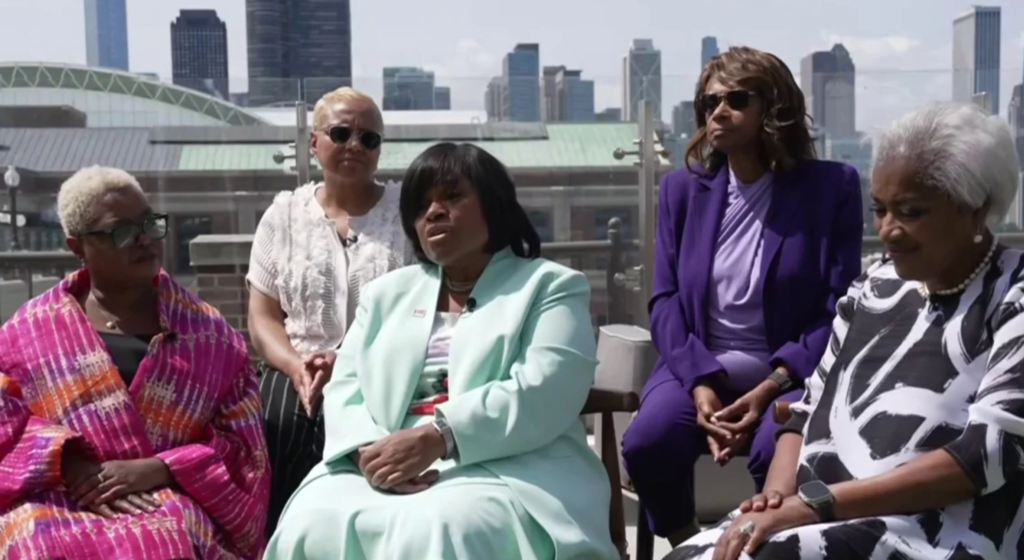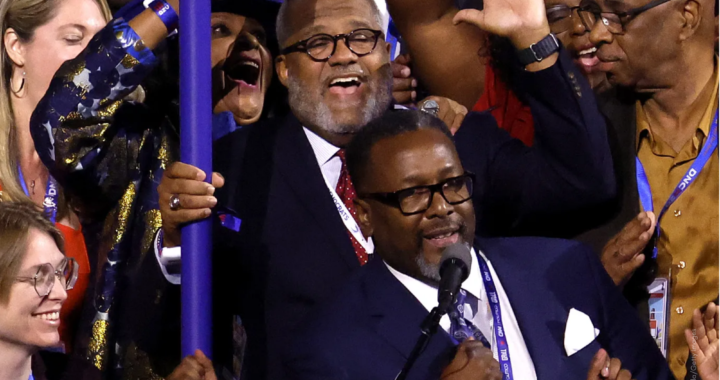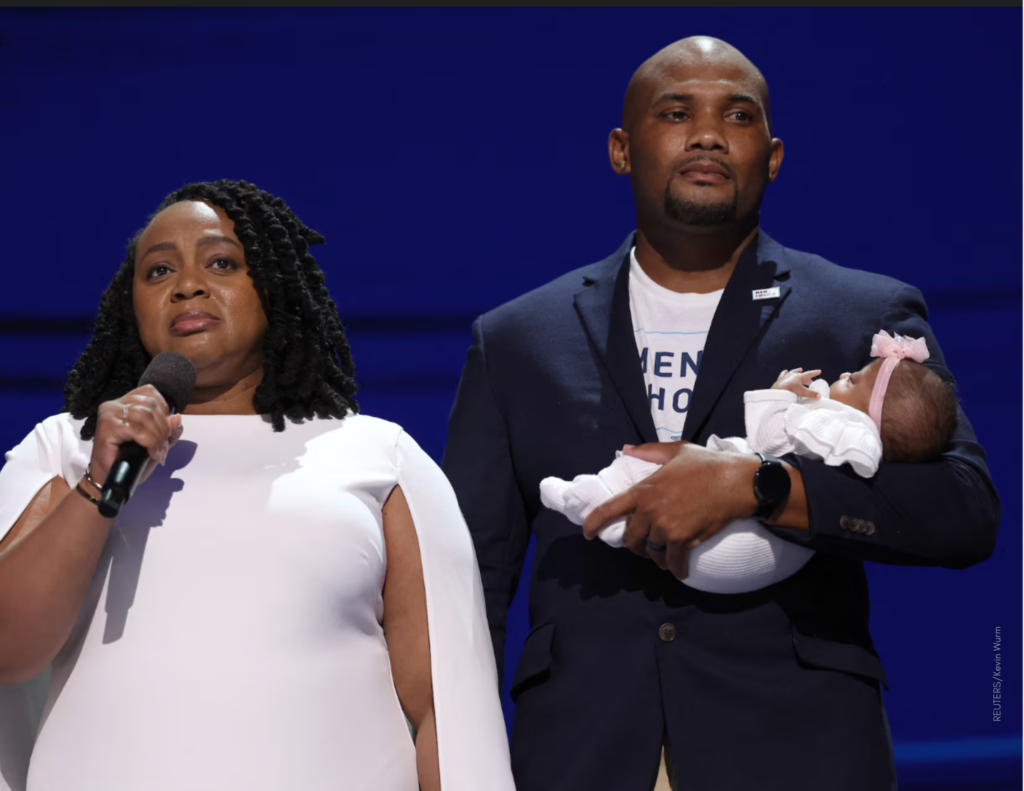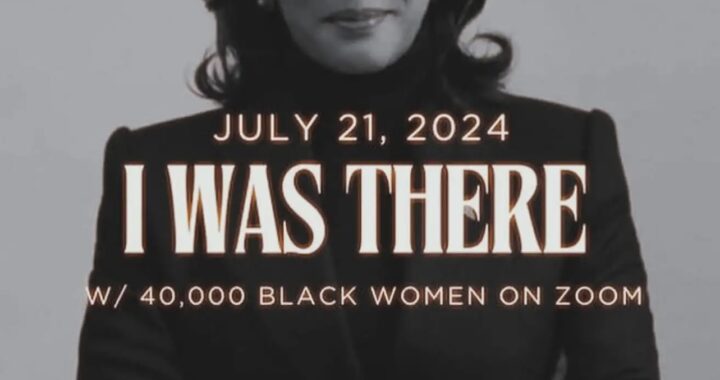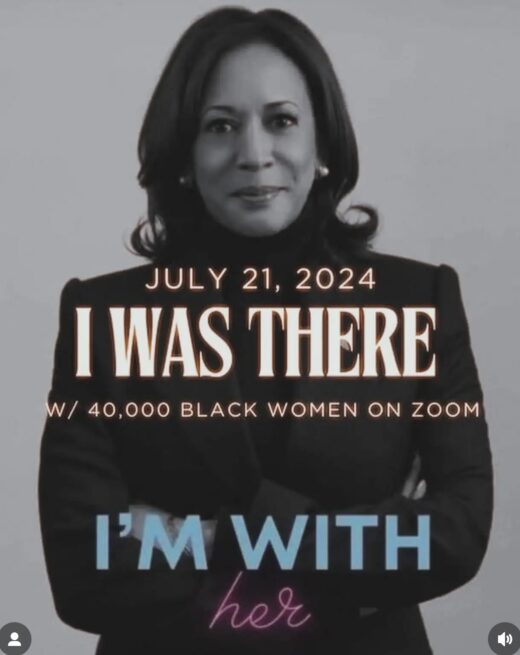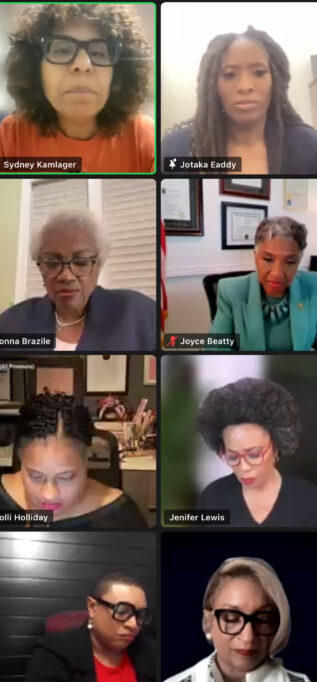In a twist that few would have predicted, Vice President Kamala Harris is gaining unexpected support from a corner where you wouldn’t expect it—Republicans. That’s right, over 700 current and former military and national security officials, along with prominent GOP prominent names like Liz Cheney, Dick Cheney, and even members of Congress have begun to publicly back her leadership. This wave of endorsements highlights the growing divide within the GOP, while signaling a possible reshaping of the political landscape ahead of the 2024 election. It’s like a political earthquake, shaking up expectations of what the 2024 election could look like.
So, why is this happening? Why would long-time Republicans, many of whom have been at odds with Harris on several policy fronts, back her in such a bold way?
National Security First
One of the main drivers behind these endorsements is national security. Harris has consistently emphasized the importance of strong international alliances, military readiness, and tackling threats to democracy. For many military and national security professionals, her approach resonates. With her focus on working alongside NATO and ensuring the U.S. remains a global leader, these officials see a Commander-in-Chief who values diplomacy as much as she values defense. This isn’t just politics—it’s about ensuring America stays safe in an increasingly unpredictable world.
It’s like picking the best captain for the ship when the waters are rough. Even if you don’t always agree with how they run the crew, you trust them to navigate through the storm. That’s the mindset many of these military figures seem to have when it comes to Harris.
Let’s start with Liz Cheney. A staunch conservative, Liz has become a leading voice against the extreme right-wing faction of the Republican Party. She sees Harris as someone who stands firm on principles like democracy, rule of law, and national security. For Liz, Harris represents a stabilizing force in American politics, something she believes is essential in these volatile times. In a sense, Harris has become a beacon of bipartisanship, someone who can unite Americans across political lines in defense of core democratic values.
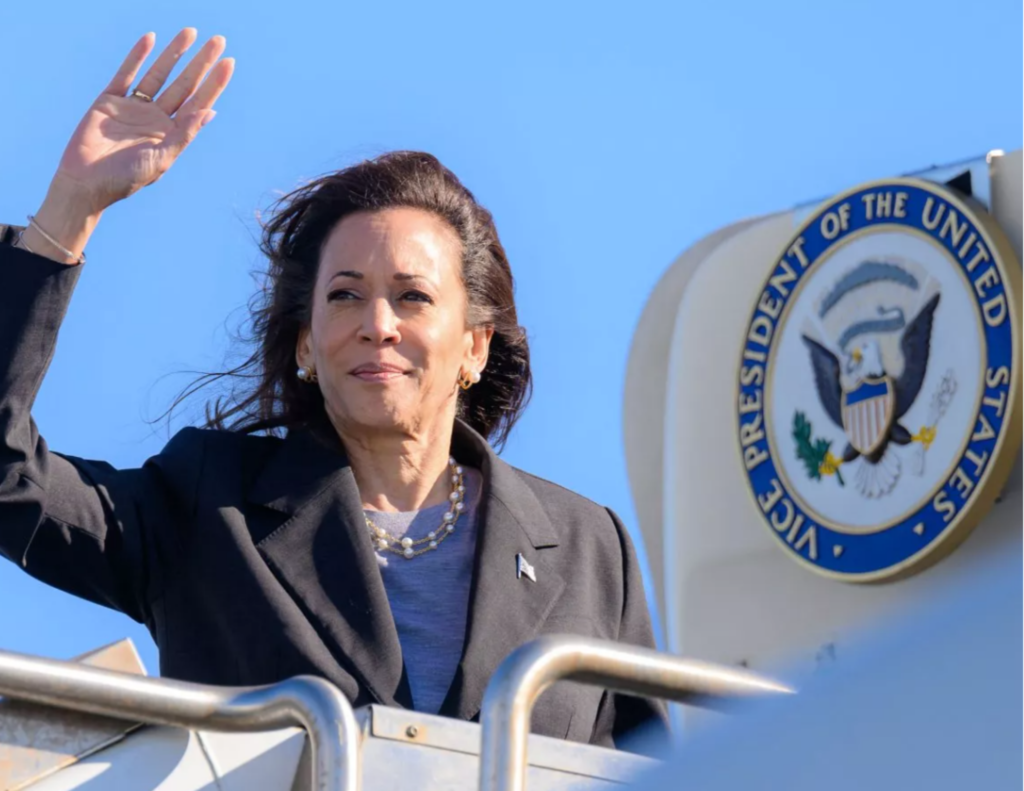
Photo credit: JOSH EDELSON/AFP/Getty Images
Dick Cheney’s endorsement is just as significant. A former Vice President himself, Cheney has always been associated with a hardline, no-nonsense approach to foreign policy. His approval of Harris may seem surprising at first, but it underscores how deeply concerned he is about the current trajectory of his own party. The Cheneys, known for their strong support of national defense and intelligence, view Harris as a capable leader who can effectively navigate the complexities of foreign policy while protecting U.S. interests.
But it’s not just the Cheneys. Republican senators and congressional members quietly, but surely are also signaling their support. Many in the intelligence community, recognizing Harris’ understanding of global security and diplomacy, are stepping up with their endorsements as well. The move shows a growing discomfort among moderate Republicans with the direction of the GOP, especially in areas like international relations, law and order, and maintaining checks and balances.
Think of this shift as a political earthquake. Much like a seismic event that starts quietly beneath the surface before shaking the foundation, Harris’ appeal to these Republicans shows the cracks forming in what was once considered a rock-solid GOP coalition. For some, the extreme polarization in the Republican Party is becoming too much to bear, leading them to align with someone like Harris, who they feel can restore stability and balance.
This isn’t just about party lines it’s about the bigger picture. Harris, with her sharp intellect, strong leadership, and pragmatic approach to governance, represents a pathway that’s more about preserving democracy than sticking to partisan divides. Her endorsements from prominent Republicans signal a desire for a leader who can steer the nation through the choppy waters of division and bring a sense of unity and purpose.
As we look ahead, Kamala Harris’ support from figures like Liz and Dick Cheney is a powerful reminder that in politics, allegiances can shift, and leadership that prioritizes the nation over party can resonate across ideological lines. It’s a wave worth watching closely it could reshape the future of American politics.

